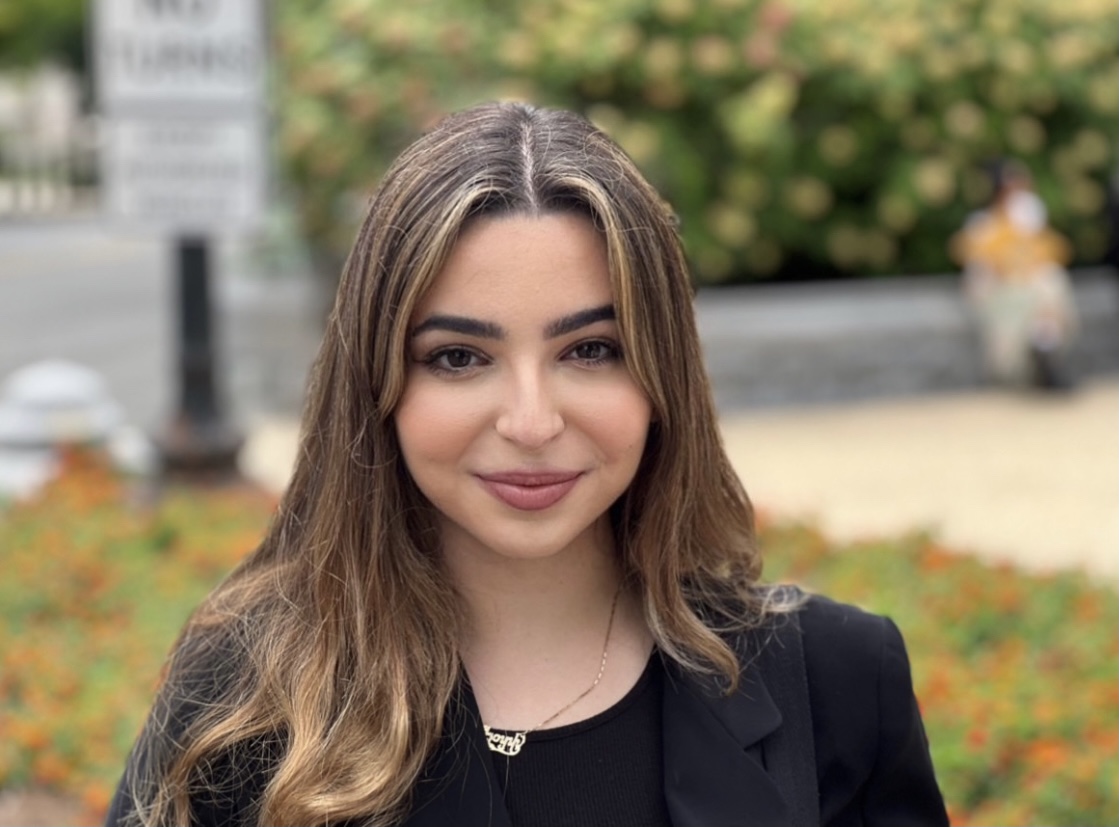
Last Sunday, I had the good fortune of attending the Armenian National Committee of America’s (ANCA) Policy Seminar at the Ronald Reagan Presidential Library and Museum, where various titans of the government, media and public relations world came together to discuss how we can all be better advocates in our respective fields.
As my area of interest is journalism, specifically Armenian journalism, I was excited to see the inclusion of media in this typically policy-heavy world. Panelists on the media front included senior political editor at POLITICO Charlie Mahtesian, Edelman Public Relations senior vice president Stephan Pechdimaldji, and AXIOS Breaking News reporter Sareen Habeshian, who engaged in a discussion on how the Armenian-American community can ensure coverage of our stories by being the “Armenian in the room.”
This concept immediately piqued my interest when it was brought up in the “Impacting Media” panel. I’m sure many of us are familiar with the aforementioned concept of being the “Armenian in the room.” Many times, we find ourselves in situations where we feel that it is our responsibility to inform non-Armenians about Armenian issues. So many of us feel that we bear the responsibility of being a representative for the homeland. I can recall various instances where I have said, “Did you know Armenia was the first country to adopt Christianity?” or “Have you heard of the Armenian Genocide, and did you know that there is quite literally a second one brewing in the motherland today? Do you care? Why don’t you care? Why? Do you not care about human rights?”
I try to not be that aggressive, but that sure is my inner monologue.
I’m sure any of us with even an ounce of Armenian blood can attest to this idea. With regards to media, we have all faced our fair share of challenges. These could include the frustrations of dealing with the disinformation war that has been launched against us by Azeri and Turkish bots, or even more simply, the annoyance at the lack of mere inclusion – honestly, I could sometimes be okay with a mention of the word “Armenian” – of these issues in the foreign affairs section of a daily newspaper.
But how can we combat this? You guessed it – by “being the Armenian in the room.” Becoming well-informed about Armenian history has its perks, especially for those of us looking to the world within the media. As Habesian quipped, this all starts with not forcing your children down a medical or legal path. The panelists encouraged attendees to reach out to journalists, reporters and media outlets, forging connections and establishing ongoing dialogue along the way. By building these relationships, Armenian voices can find more opportunities for coverage and inclusion in media narratives.
“Being the Armenian in the room” means taking on the responsibility of representing our community accurately, and more importantly, authentically. The panelists emphasized the need to bring forth diverse perspectives and stories that accurately reflect the richness and complexity of Armenian history, past and present, which is something they have all done in their careers. Storytelling is crucial in shaping public perception on issues far and wide, and with something as personal as the Armenian cause, sharing personal narratives is what fosters conversation.
An example of this was introduced during Khachigian’s fireside chat. Khachigian worked as an adviser on nine presidential campaigns and worked in the presidential administrations of Richard Nixon, Ronald Reagan and Gerald Ford. Most notably, he served as President Reagan’s chief speechwriter, authoring many of the president’s most iconic speeches. Khachigian’s connection with the president led to Reagan becoming the first president to publicly acknowledge the Armenian Genocide during his remarks on Holocaust Remembrance Day, where he stated, “Like the genocide of the Armenians before it…” in reference to the Holocaust. No president dared to do that again until the recognition by the Biden administration in 2021. Now, it would be nice to think that President Reagan would have acknowledged the Genocide even if his speechwriter was not Armenian, but that simply would not be realistic. It was because Khachigian was in the right place at the right time in the right position and decided to take that leap of faith to ensure that his “Armenianness” shone through his work. That statement embedded Reagan into the right side of history. And it was all because of Khachigian.
The media landscape is a saturated one, but that is the powerful impact of being the “Armenian in the room.” It shapes history and illustrates that our commitment to the Armenian cause can change narratives.



Be the first to comment